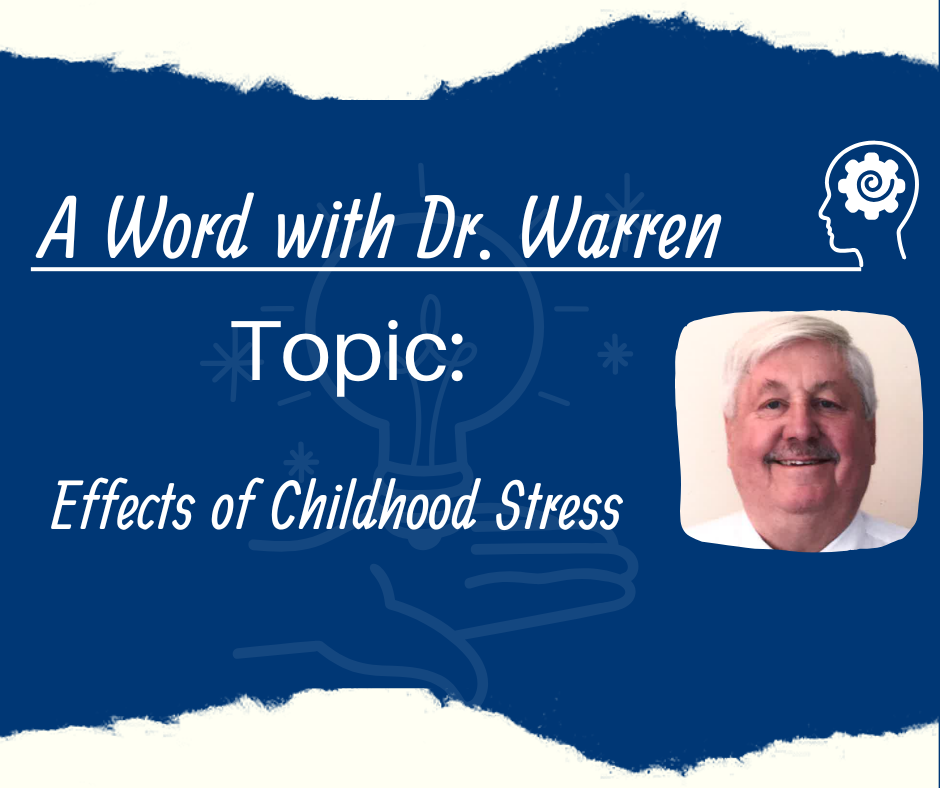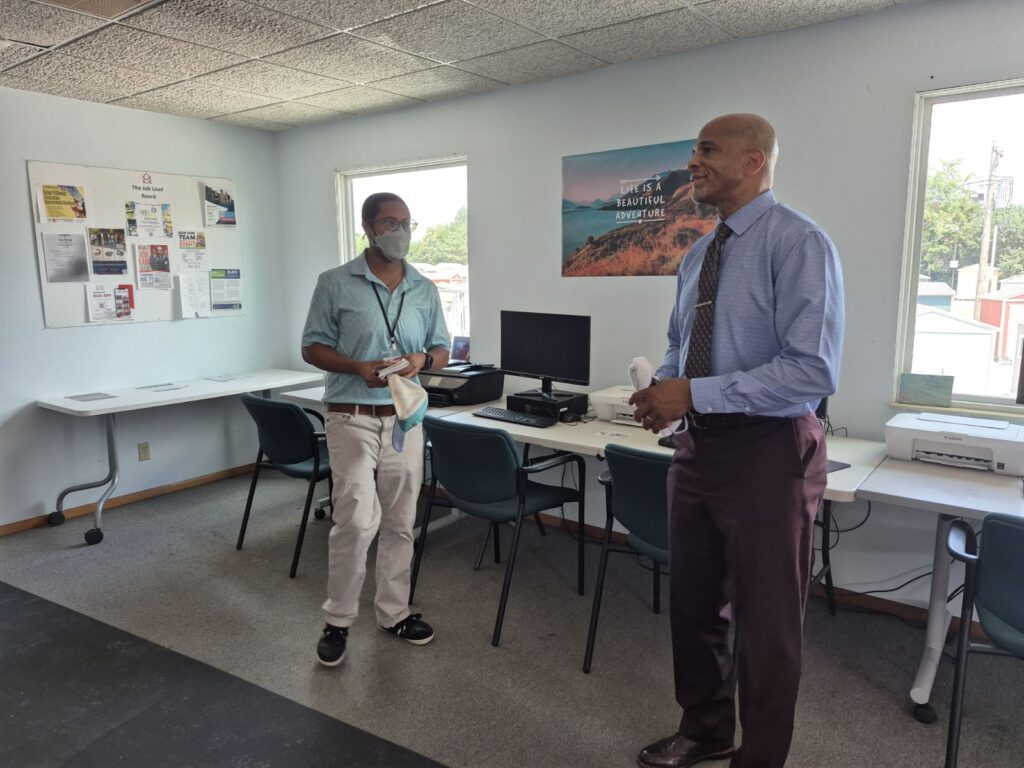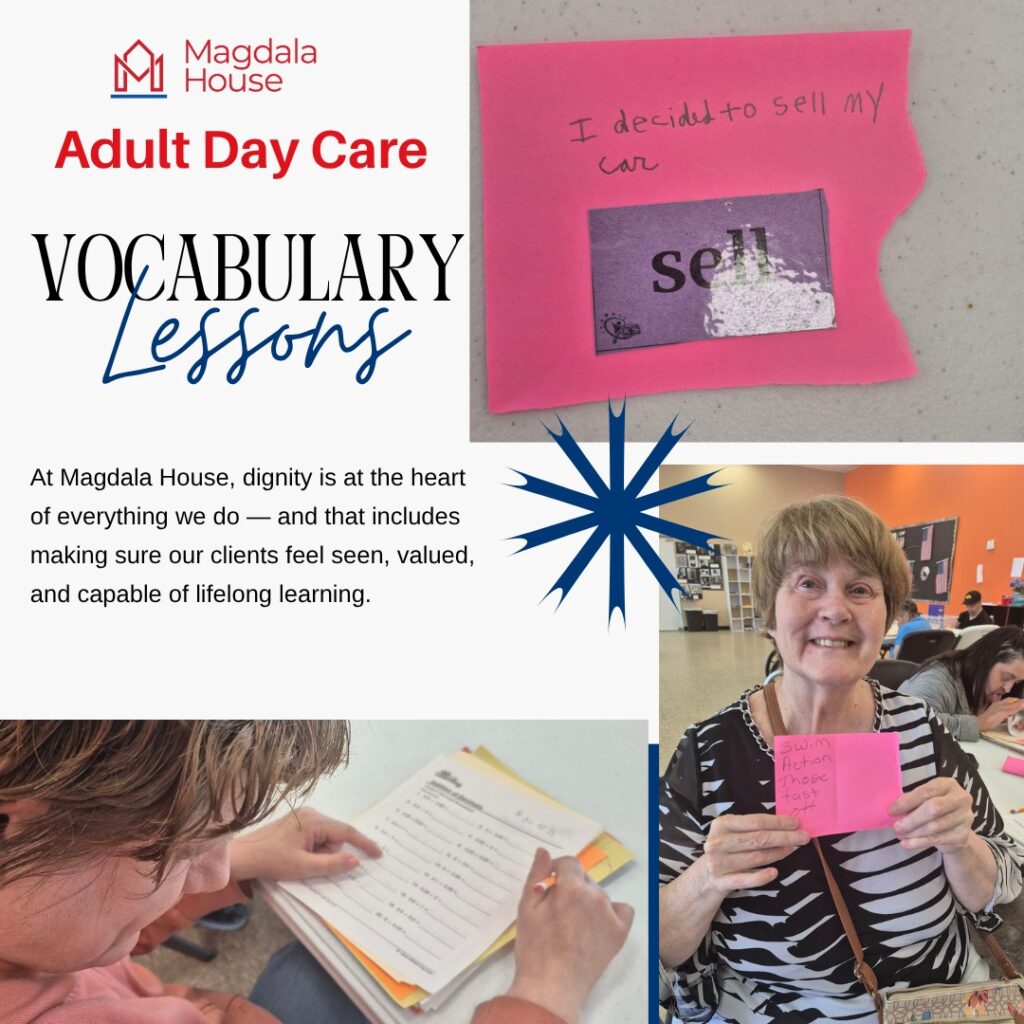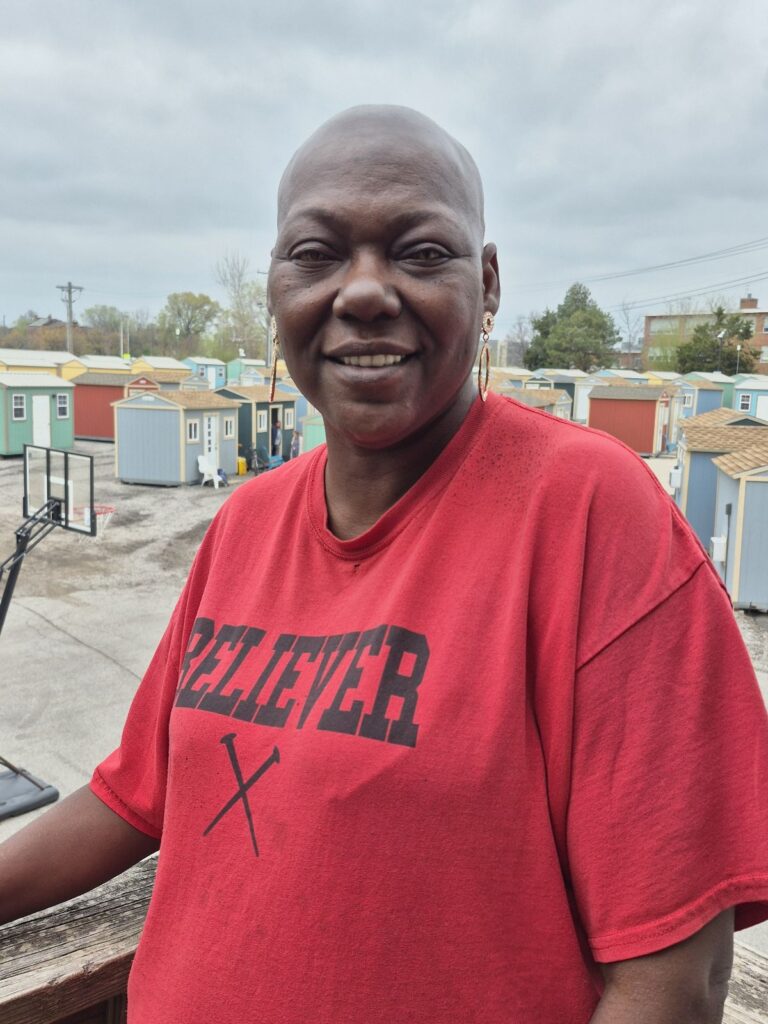“A Word With Dr. Warren” is a thought-provoking series by Dr. Warren A. Kass, a Consulting Clinical Psychologist at Magdala House with over 51 years of experience. In each segment, Dr. Kass shares his insights on personal growth, leadership, and community engagement, offering valuable wisdom to inspire positive change within Magdala House and the broader community.
Most people know that stress affects us both mentally and physically. It can interfere with our sleep and concentration, cause headaches, and even lead to digestive issues. What many people don’t realize, however, is that stress experienced during childhood—especially when it is severe or prolonged—can negatively affect us throughout our entire adult lives. This connection between adverse experiences in childhood and health consequences later in life is known as ACEs: Adverse Childhood Experiences.
While childhood trauma is unfortunately common, about 36% of adults in the United States report experiencing no significant stressors before the age of 18. The remaining 64% have faced at least one severe stressor—such as abuse, neglect, or family dysfunction—that had the potential to alter brain development. The original 10 ACEs identified were:
- Physical, sexual, or emotional abuse
- Physical or emotional neglect
- Family dysfunction, including:
- Incarceration of a household member
- Living with someone who has a mental illness
- Living with someone who abuses substances
- Witnessing domestic violence
- Growing up with one or no parents
Research shows that children who experience four or more of these ACEs are at significantly higher risk for developing conditions such as alcoholism, substance abuse, post-traumatic stress disorder, depression, anxiety, obesity, heart disease, lung disease, cancer, and even early death. The severity of impact depends on factors like the child’s age at the time, the duration of the stress, and how the child perceived the experience. More recently, researchers have added five additional ACEs shown to affect brain development:
- Witnessing violence toward a loved one
- Experiencing discrimination
- Living in an unsafe neighborhood
- Being bullied
- Living in foster care
It’s also important to note that the same adverse event can affect individuals differently, and that various types of adversity can lead to the same negative outcomes.
ACEs are not equally distributed across the population. Studies confirm they are more common among individuals with lower incomes, those with less than a high school education, and those who
are Black or identify as gay, lesbian, or bisexual. At Magdala’s transitional and emergency housing sites, the majority of residents have faced what’s known as toxic stress—frequent and overwhelming stress that can over-activate the body’s stress response system, often resulting in long-term mental and physical health issues.
It’s also important to distinguish between experiences that are adverse and those that are both adverse and traumatic. For example, food insecurity and poor nutrition can harm brain development
and increase vulnerability to the effects of abuse. While these conditions are clearly adverse, they are not necessarily traumatic by themselves. A traumatic adverse event typically involves direct or indirect exposure to actual or threatened death, serious injury, or sexual violence. Trauma may occur through personal experience, witnessing an event, learning it happened to a loved one, or repeated exposure (such as in the case of first responders). How a child experiences an adverse event—as stressful or traumatic—depends on genetics, family environment, and culture.
The long-term effect of ACEs depends not only on risk factors but also on a child’s ability to adjust afterward. Fortunately, stress-management practices can help. As I shared in my previous blog,
Managing Stress, techniques such as relaxation, mindfulness, and exercise are powerful tools that, when practiced regularly, build resilience like a kind of stress armor. Combined with regular sleep, a healthy diet, optimism, acceptance, and gratitude, these strategies can significantly reduce the disabling impact of severe stress, even for those whose childhood included multiple ACEs.
The research is clear: reducing ACEs is not just a personal matter, but a societal one. If we are serious about lowering the cost of healthcare and improving overall well-being, we must commit to evidence-based programs that prevent and reduce adverse childhood experiences as much as possible. Encourage parenting programs that foster resilience, cooperation and social cohesion.
References
Kliha, J.B., and Jones, J (2023). Supporting the Prevention of Adverse Childhood Experiences in a Clinical Setting. Journal of Health Service Psychology. 49(3) 107-113
Portwood, S.G., Lawler, M.J., and Roberts, M.C. (2021) Science, Practice, and Policy Related to Adverse Childhood Experiences: Framing the Conversation. American Psychologist (76) 2 181-187
More information
Understanding ACE’s. What are Adverse Childhood Experiences. YouTube August 17,2023. Office of the California Attorney General. 2:34 Harris,Nadine Burke. How childhood trauma affects health across a lifetime. TED: YouTube. February 17, 2015.
Warren A. Kass, Ph.D.
Clinical Psychologist
Help Break the Cycle of Childhood Trauma
The impact of childhood stress doesn’t end in childhood. At Magdala House, we support adults who have experienced toxic stress and trauma—offering them housing, healing, and hope.
Donate Today to help someone rise with strength and dignity.







